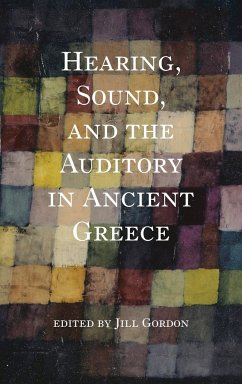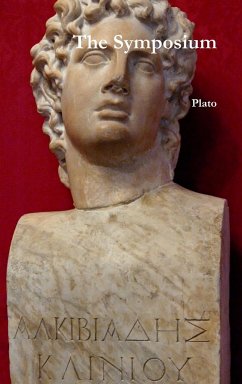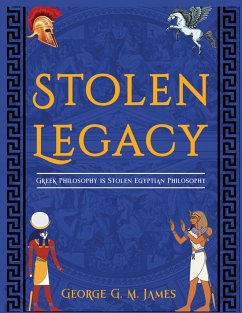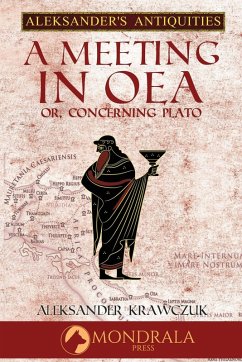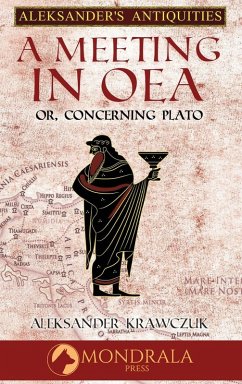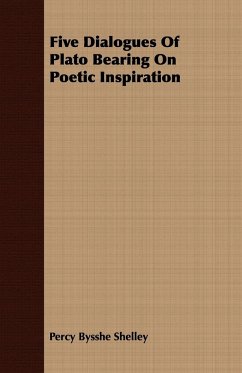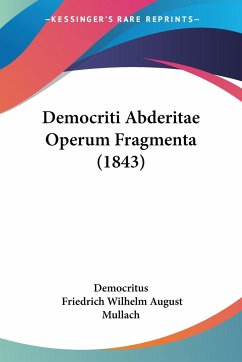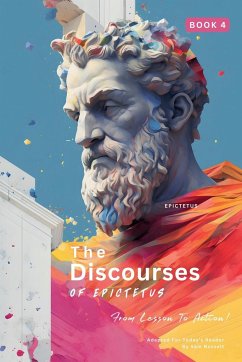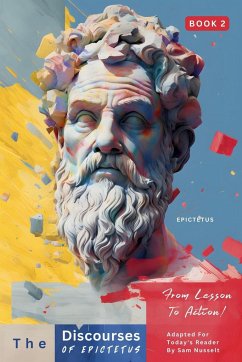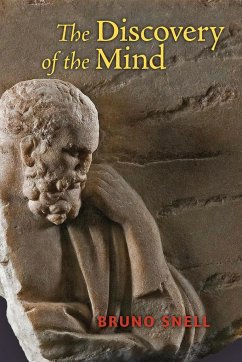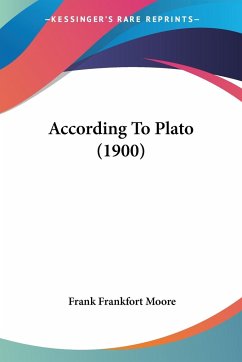
According To Plato (1900)
Versandkostenfrei!
Versandfertig in 1-2 Wochen
31,99 €
inkl. MwSt.

PAYBACK Punkte
16 °P sammeln!
According to Plato is a book written by Frank Frankfort Moore in the year 1900. The book is a philosophical work that explores the teachings and ideas of the ancient Greek philosopher, Plato. The author provides a comprehensive analysis of Plato's philosophy and his views on various subjects such as politics, ethics, metaphysics, and epistemology. The book is divided into several chapters, each of which covers a specific aspect of Plato's philosophy. The author also provides historical context and background information on Plato's life and times. The book is written in a clear and concise lang...
According to Plato is a book written by Frank Frankfort Moore in the year 1900. The book is a philosophical work that explores the teachings and ideas of the ancient Greek philosopher, Plato. The author provides a comprehensive analysis of Plato's philosophy and his views on various subjects such as politics, ethics, metaphysics, and epistemology. The book is divided into several chapters, each of which covers a specific aspect of Plato's philosophy. The author also provides historical context and background information on Plato's life and times. The book is written in a clear and concise language, making it accessible to both scholars and general readers. Overall, According to Plato is a valuable resource for anyone interested in ancient Greek philosophy and the works of Plato.This scarce antiquarian book is a facsimile reprint of the old original and may contain some imperfections such as library marks and notations. Because we believe this work is culturally important, we have made it available as part of our commitment for protecting, preserving, and promoting the world's literature in affordable, high quality, modern editions, that are true to their original work.



